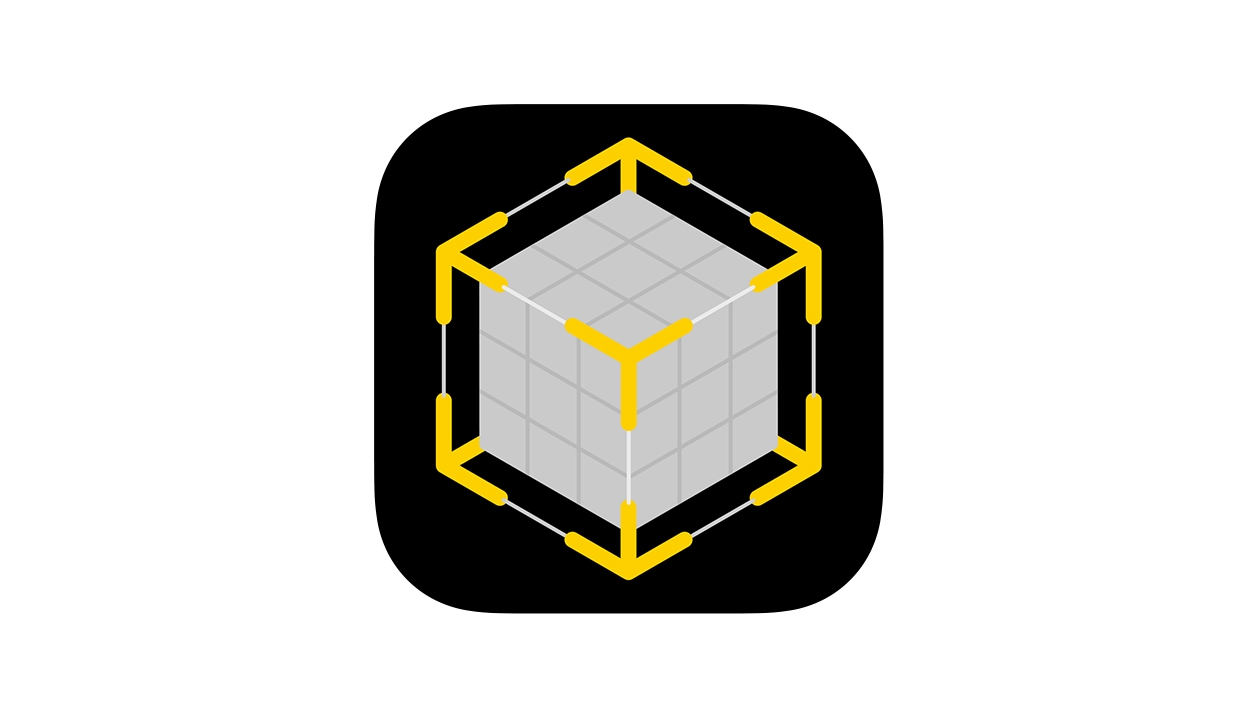I often get asked about how students can create immersive experiences for Vision Pro without needing to dive into coding. One of the key ways students can tap into the power of Vision Pro is through spatial gestures and creating truly immersive environments. While this isn't a step-by-step guide on content creation in Spline (that's coming soon), I want to introduce you to some exciting possibilities.
https://www.youtube.com/embed/cfot1uZlgA0?showinfo=0&enablejsapi=1Spline is a web-based app that has a native Vision OS app called Mirror, allowing you to publish directly to the platform. For students who want to create without coding, Spline offers a brilliant solution. It's versatile and powerful, and it’s been a go-to tool in my own creative process for a while. Students can even export their creations directly to Xcode, making it perfect for building immersive experiences.
By importing Lidar or object scans, students can turn their ideas into fully spatialized experiences. This is exactly the type of functionality I had hoped Reality Composer would evolve into—a tool that truly integrates with modern educational technology. So if you’re looking to help your students create without code but still explore spatial computing, Spline is a great place to start.
Check it out! Your students can begin transforming their digital ideas into immersive realities today.
Have a great week everyone.
Paul
.png)








September 10, 2024 . English
English
That looks like an amazing learning experience. When you were sharing the planets in Spline, it reminded me of students building the dioramas in shoeboxes. This is a wonderful upgrade from those days.
This action is unavailable while under moderation.
This action is unavailable while under moderation.